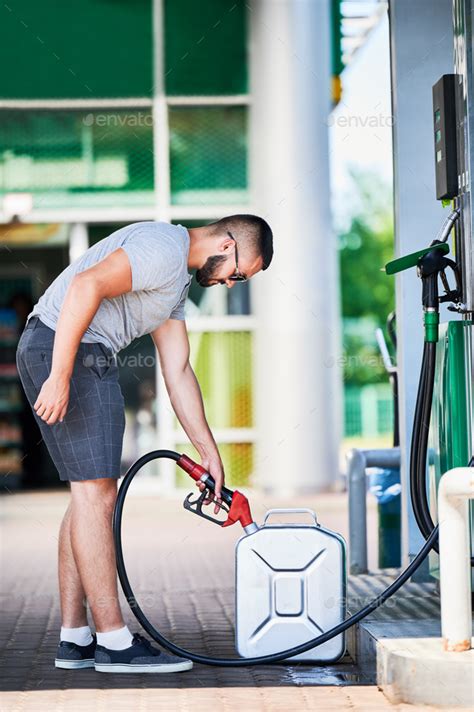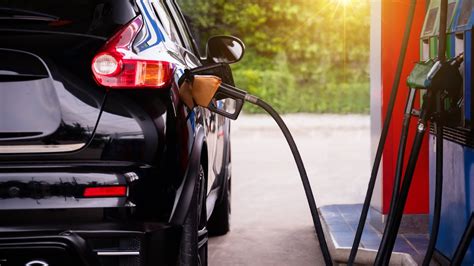Understanding Octane: More Than Just a Number
It’s a common misconception that premium fuel is inherently “better” for your car. Many drivers believe that a higher octane rating means a cleaner engine, more power, or better fuel economy. However, the truth is more nuanced and often leads to unnecessary spending for those whose vehicles are not designed to utilize premium fuel.
The octane rating of gasoline is a measure of its resistance to pre-ignition or engine knock (also known as ‘pinging’). In simple terms, it indicates how much the fuel can be compressed before it spontaneously ignites. Higher octane fuels are less prone to this premature ignition.
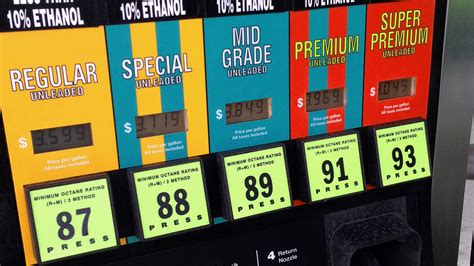
How Your Engine Uses Fuel
Modern car engines are precisely engineered to operate with a specific octane level. High-performance engines, especially those with high compression ratios or turbochargers/superchargers, generate more heat and pressure. These engines require higher octane fuel to prevent knock, which can cause significant damage over time. Using lower octane fuel in such an engine can trigger the engine’s knock sensors, prompting the engine control unit (ECU) to retard ignition timing to protect the engine. While this prevents damage, it also reduces performance and fuel efficiency.
Conversely, engines designed for regular unleaded gasoline (typically 87 octane in North America) are built with compression ratios that don’t demand the higher knock resistance of premium fuel. For these vehicles, using higher octane fuel simply means you’re paying more for a characteristic your engine doesn’t need.
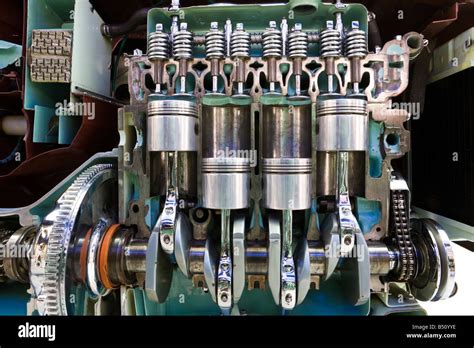
The Myth of Extra Power and Cleanliness
One of the biggest myths is that premium fuel offers more power or cleans your engine better. Octane has nothing to do with the energy content of the fuel; a gallon of 87 octane contains virtually the same amount of potential energy as a gallon of 91 or 93 octane. Therefore, if your engine isn’t designed to take advantage of the higher octane by running more advanced timing, you won’t gain any extra horsepower or acceleration.
Regarding engine cleanliness, all gasoline sold today in most countries, regardless of octane rating, contains detergents and additives designed to keep fuel injectors and intake valves clean. These additives are mandated by regulations and are present in both regular and premium grades. So, premium fuel offers no inherent cleaning advantage.
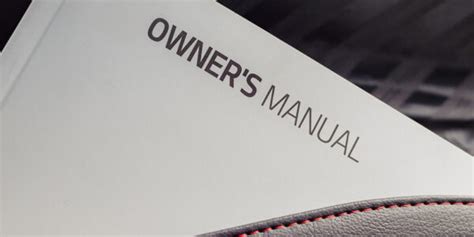
Check Your Owner’s Manual: ‘Required’ vs. ‘Recommended’
The definitive answer to this question lies within your car’s owner’s manual. Look for the section on fuel requirements. It will clearly state whether your vehicle requires premium fuel or merely recommends it. If it requires it, you absolutely should use it. If it only recommends it, using premium might offer a marginal, barely perceptible benefit under extreme conditions (like heavy towing or very hot weather), but for daily driving, the extra cost is almost certainly not worth it.
For vehicles that explicitly state ‘Regular Unleaded Fuel Only’ or similar, using premium fuel is purely a waste of money. The engine’s computer will not be able to advance ignition timing enough to take advantage of the higher octane, meaning you’ll get no performance or efficiency benefit.
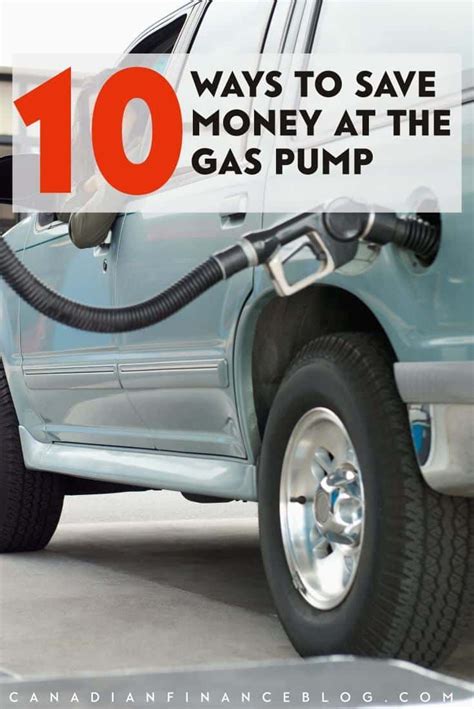
Conclusion: Save Your Money
Unless your car’s manufacturer explicitly states that premium fuel is required, sticking to regular unleaded is the most economical and sensible choice. You won’t damage your engine, you won’t reduce its lifespan, and you won’t miss out on performance or fuel economy. The extra money you spend on premium fuel for a car that doesn’t need it could be better allocated to other essential car maintenance, like oil changes, tire rotations, or simply saved for a rainy day.
Always consult your owner’s manual and follow the manufacturer’s recommendations. When it comes to fuel, more expensive doesn’t automatically mean better for your specific vehicle.
